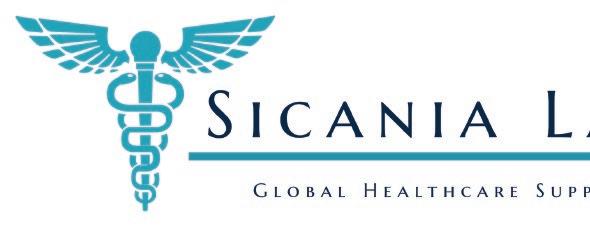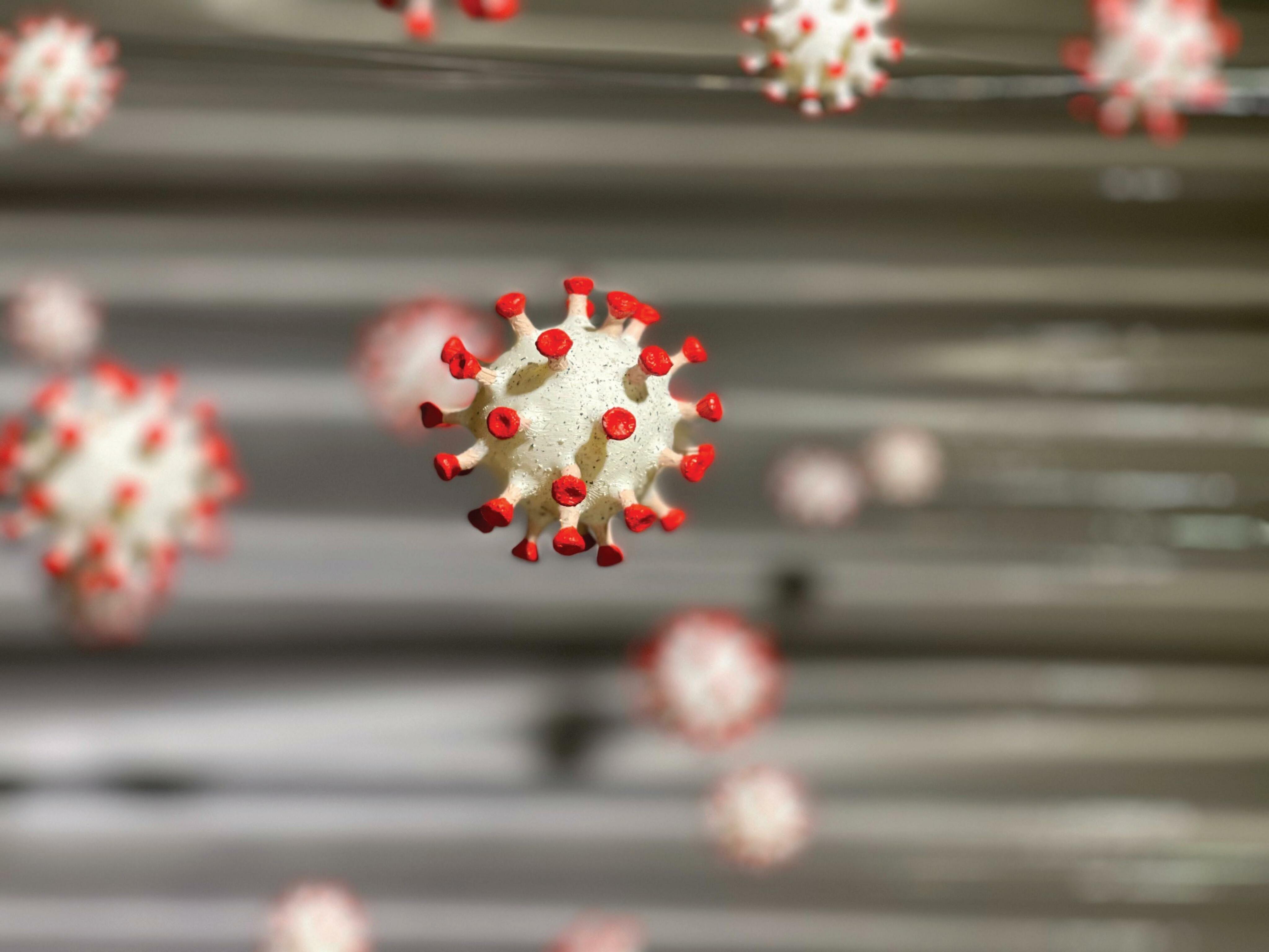
7 minute read
COULD COVID SAVE OUR LIVES?
COVID COULD COVID SAVE OUR LIVES?
Alice Venessa Bever
In the first six months of the pandemic, the phrase “getting back to normal” was repeated ad infinitum as we clung to the hope that things would soon return to the way they were before. Currently we are redefining what we know as “normal”.
We have entered a new era: living with Covid-19. What have these two years taught us? For starters: resilience, persistence, connection, adaptability. And if we have learned to trust one thing, it is that life will change. And from these changes the knowledge, experiences, behaviours and tendencies we have picked up might actually help us build a better future.
STAYING HEALTHY
Perhaps an obvious solution, we have continued washing our hands or using hand sanitiser - a precaution which has helped lower the frequency of common colds and respiratory infections. Also, a recent study showed that increased handwashing by hospital staff has led to a sustained increase in hygiene practices during patient care.
Another positive habit formed during Covid-19 was our approach to exercise. Working from home has allowed us more time and flexibility. Activities like hula hooping and roller skating made a huge comeback, classes like Yoga with Adriene and PopSugar and subscription services like Pelaton and Obe Fitness are just some of the ways we have found to keep fit.
WE HAVE EACH OTHER
One thing is fairly certain: since the onset of the pandemic, we pay more attention to the people in our lives and savour the time we have together in a more substantial way.
In an interview with NPR, Alyssa Casey, a federal government researcher said “You just have more time to think about what you really want.” Like many, Casey’s decision to put family at the centre of her life and move closer to her family was sparked by life during Covid.
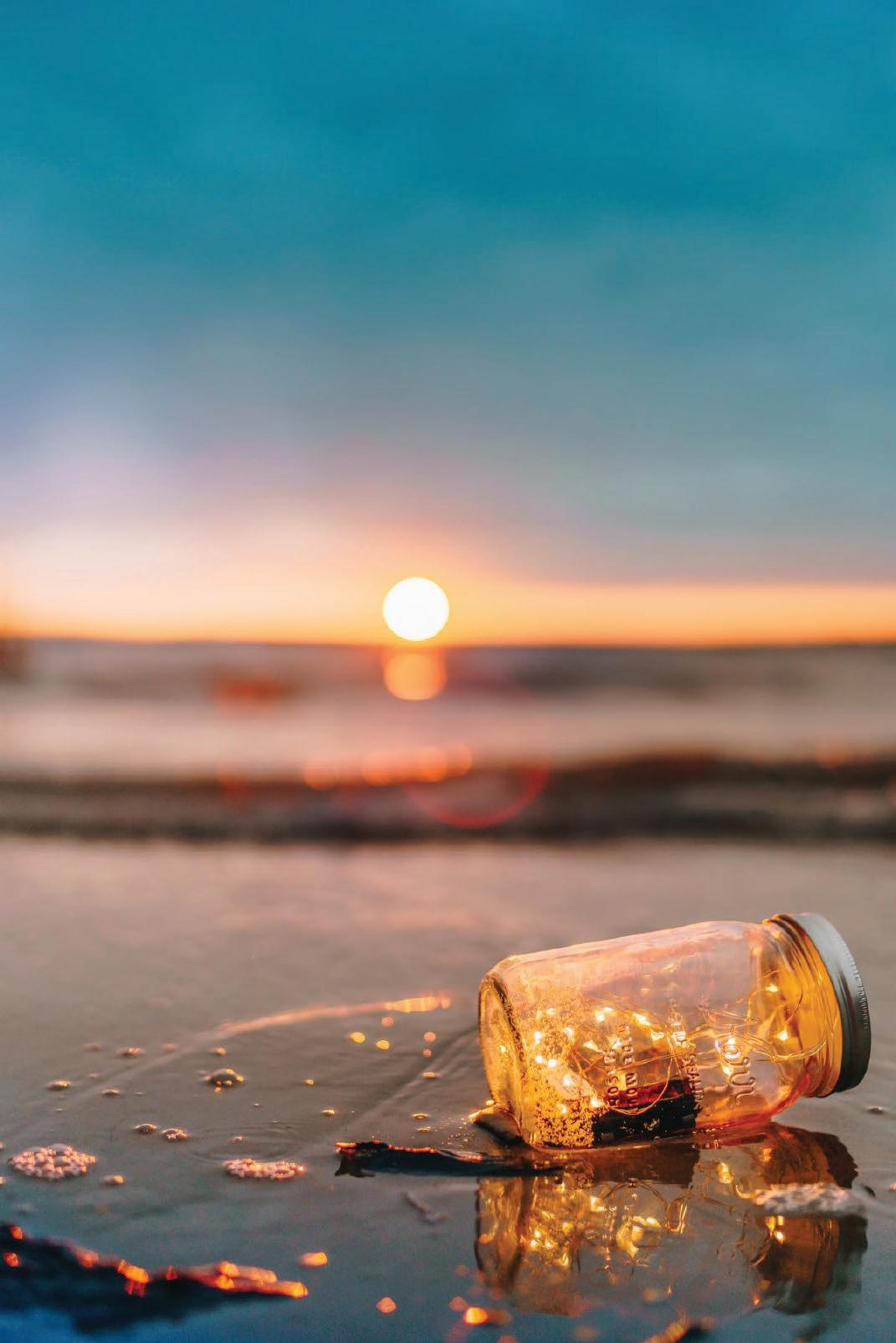

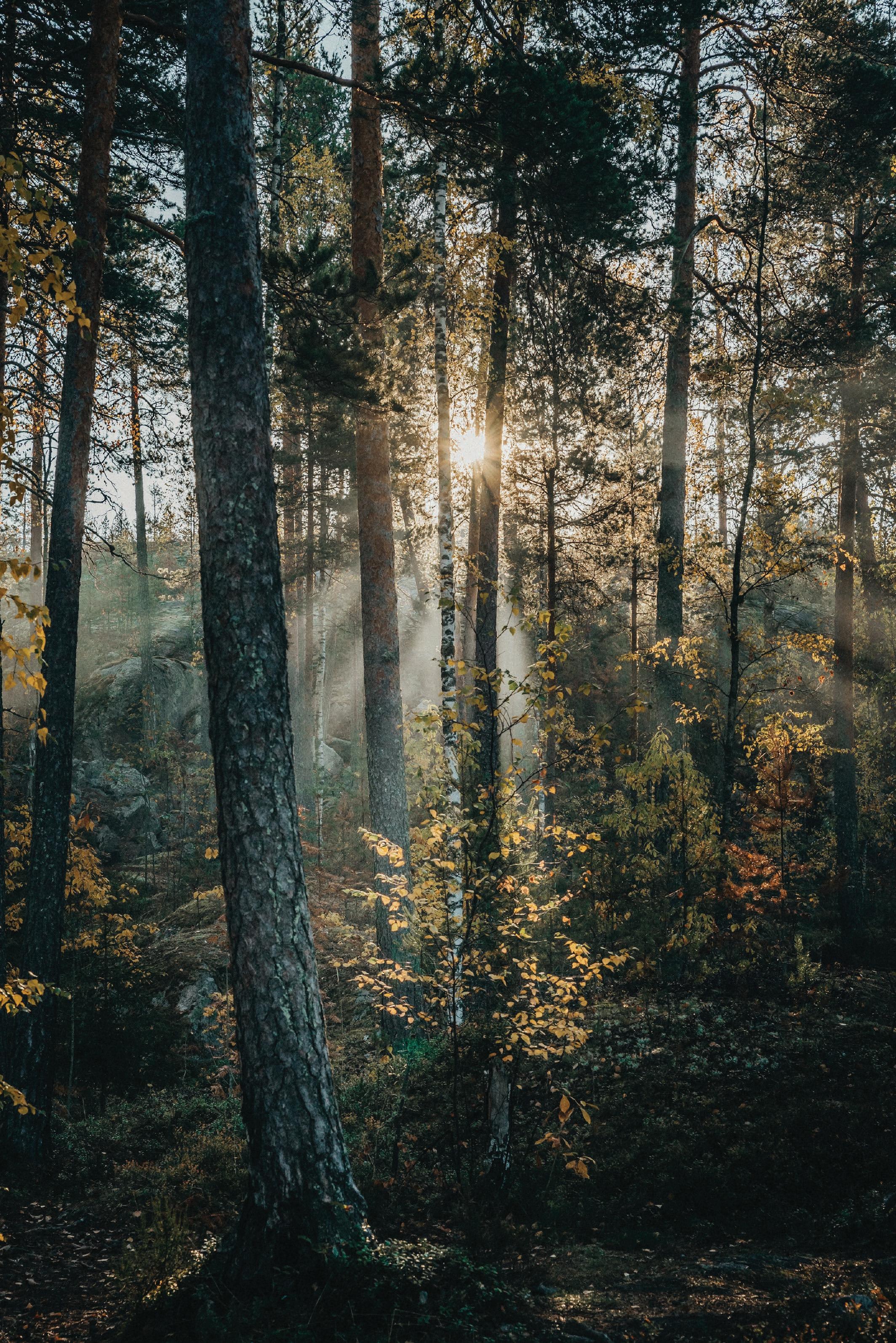
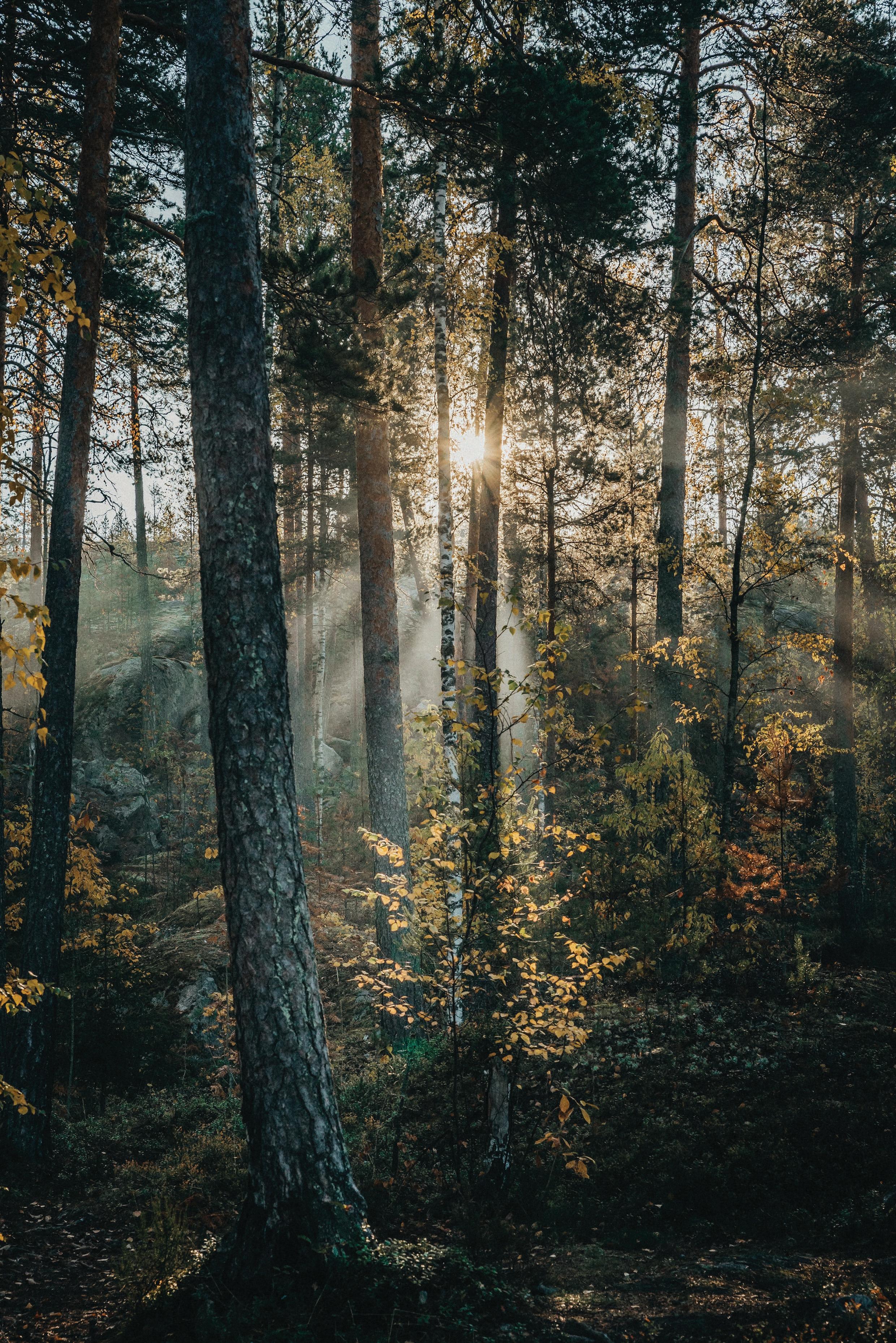
Casey was just one of the many people who decided to change their location in exchange for renewed investment in relationships and enjoying life. Alex Mumford and Buffy Cracknell made an even more extreme decision by moving off grid to the Isle of Rum, Scotland. Alex said to the BBC “During lockdown we were stuck in the Bristol flat thinking we should be doing more than that… If it doesn’t work we’ll do something else, we have each other.”
Aside from checking in with friends and family members near and far during the first lockdown, Covid has meant redefining our relationships in a search for genuine connection. The pandemic has made us more discerning in our personal lives and though some relationships have ended, a recent German study showed that our connection with our children, work colleagues and neighbours have shown improvement.
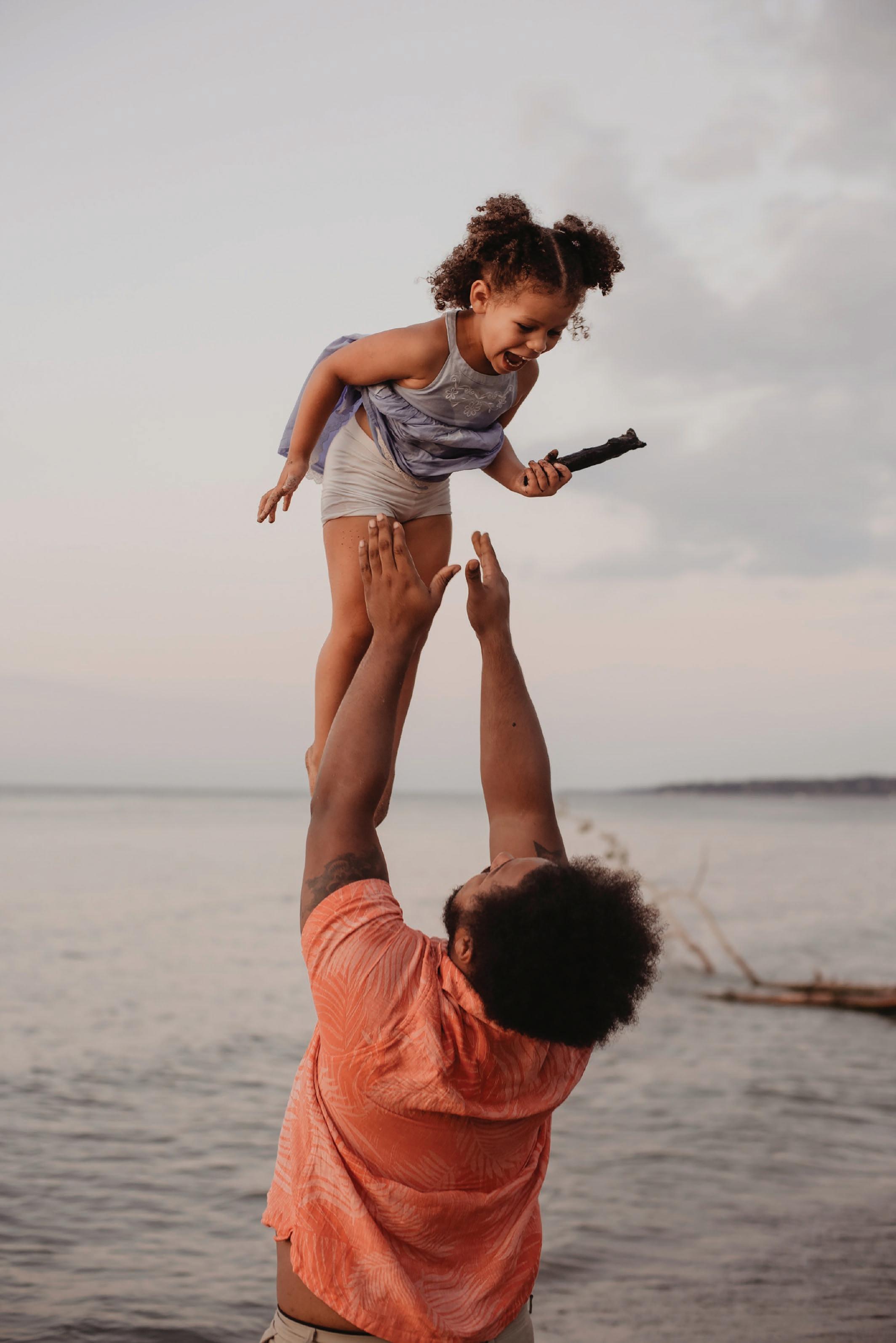
Families saw the greatest revolution during Covid. In the Guardian article “’What do we do with our finite life?’: how Covid reframed our relationship with ourselves.” Nick Tebbey, executive officer of Relationships Australia states that “the pandemic reset the importance of just being able to spend time with your children.” Affirming this, the CEO of the Australian Childhood Foundation, Dr Joe Tucci, says “the pandemic has reminded us that time together can be a sanctuary.” Parents were forced to juggle many hats, and in spite of the challenge, increased family time provided parents an invaluable insight into their child’s life, a deeper understanding of their relationship.
The pandemic also brought people together. The New York Times reported on Emma Hastil and Daniel Kind of Rockaway Beach, NJ whose budding relationship quickly accelerated as they ended up spending quarantine together. Not only did this solidify their connection but they turned their lockdown hobbies into a new company, Locus of Occult.
THINK CREATIVELY
Hastil and Kind are not the only people to turn pandemic passions into a career. Jolie De Feis, inspired by a book she read during lockdown, decided to start Hotline Skin, a website for skincare accessibility and education.
For those who have stayed in their fields, there has been a reassessment of values in how they want to do their jobs. Many people have a renewed sense of purpose and a fresh style of working which has allowed more work-life balance. We have found that we actually can teach, learn, present, without having to be in the same room with someone.
“If there’s opportunities for companies and businesses to think creatively about different work weeks…for families, it’ll benefit everybody,” says Mr Tucci. People want to be flexible in how they
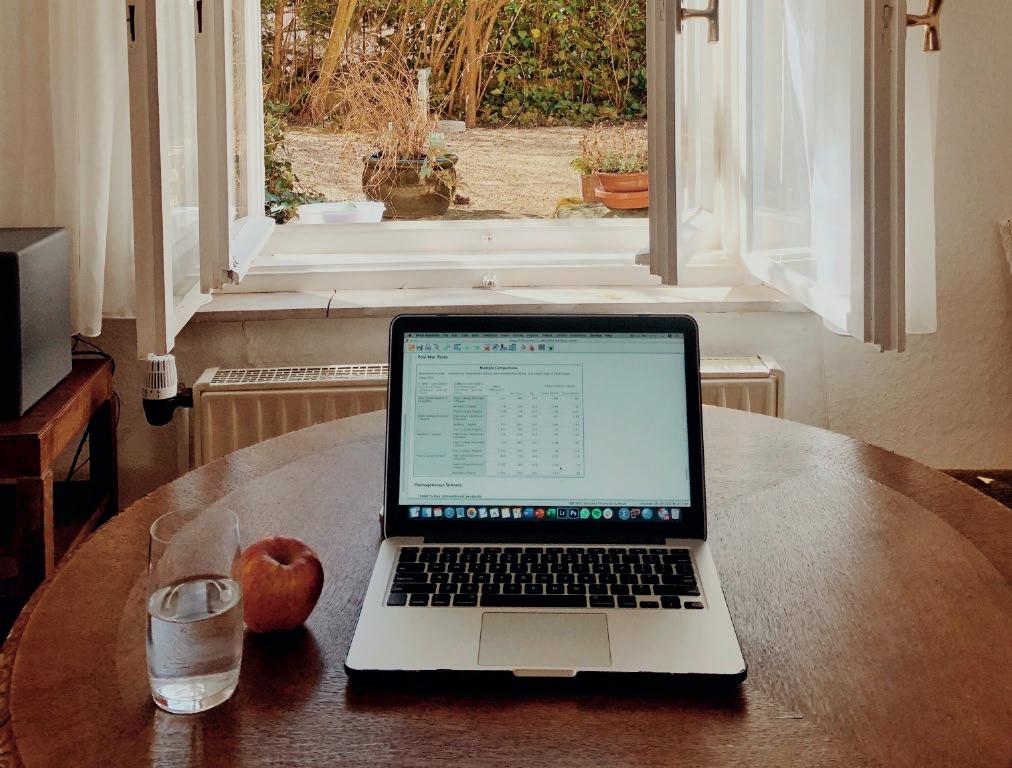
work and they now know that a hybrid model is possible. Working from home has also allowed people to pursue further learning and certificates for free or at a low cost, allowing people upskill and obtain certificates. This remote trend has also led to an increased environmental sensitivity. The environmental magazine Edie states that a trend to watch for 2022 will be moving towards even more sustainable workspaces.
A NATURAL INCLINATION
Professor Glenn Geher in Psychology Today writes that “Humans are naturally biophilic, having a natural inclination toward the natural world (see Wilson, 1984). For so many of us, the pandemic has unleashed this beautiful facet of the human experience.” Especially after seeing the effects of improved wildlife and air quality during the global lockdown of 2020.
Another pandemic trend to continue in 2022 will be “backyarding”. TurfMutt Foundation, an environmental education programme, says that “Homeowners spent lots of time, money and effort…improving their backyards so they could work, cook, exercise and even vacation outdoors.”
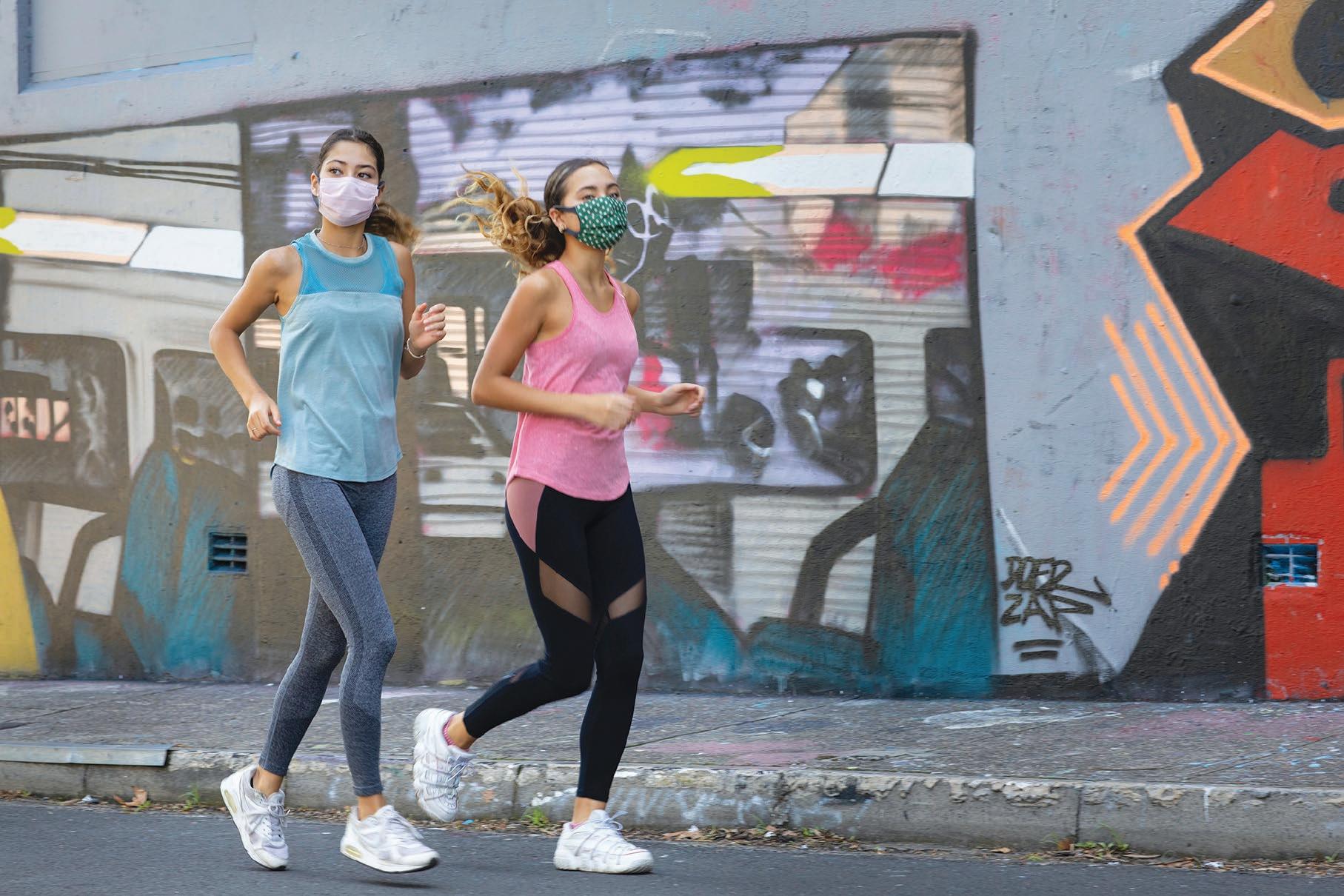
A RENEWED SENSE OF CONSCIENTIOUSNESS
While people have had to be flexible, patient and aware of safety, they are still planning trips while they “continue to prioritise and demand flexibility,” says Brett Keller, CEO of Priceline. Today some of the most searched travel words are “all-inclusive” and “last-minute”.The world of travel has swiftly responded with increased hygiene, safety and client-centeredness with improved standards in all types of accommodation. Another outcome of the pandemic is the return of the travel agent. Travel agencies are becoming more attractive to consumers looking for guidance in creating genuine experiences with support in the “complexities of form-filling,” writes Karen Warren of World Wide Writer.
A positive outcome of having complicated restrictions is people spending more time exploring their respective countries, most often by car. Washington Post states that “autos have become like second homes for some travellers, a safe place where they can travel.”People also have a renewed sense of conscientiousness, aware about the significance of travel. According to Victoria Simmons, a senior vice president for travel at the marketing agency BVK, they “will expect much more meaning out of the trips they do take.”

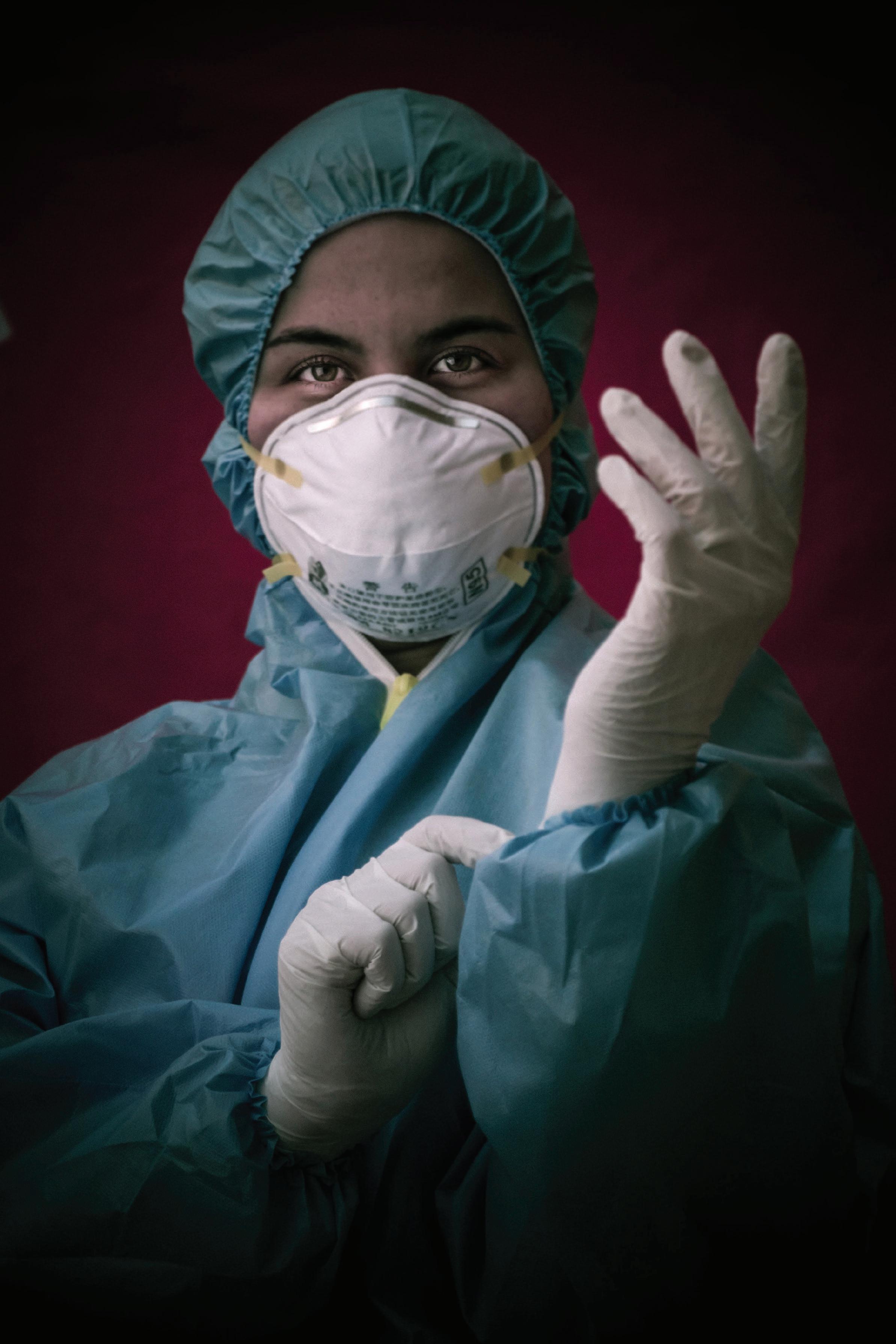
DISRUPTION IS A POINT OF POTENTIAL GROWTH
Covid-19 has allowed us an opportunity to take stock of how these years have shaped our world and most importantly, ourselves. “Every disruption is a point of potential growth,” says associate professor Terry Bowles of the University of Melbourne. Yes, life during Covid-19 has been all but smooth, yet in this rollercoaster there is also possibility of positive change.
The writer Arundhati Roy stated, “Historically, pandemics have forced humans to break with the past and imagine their world anew.” I’m inclined to agree with her.
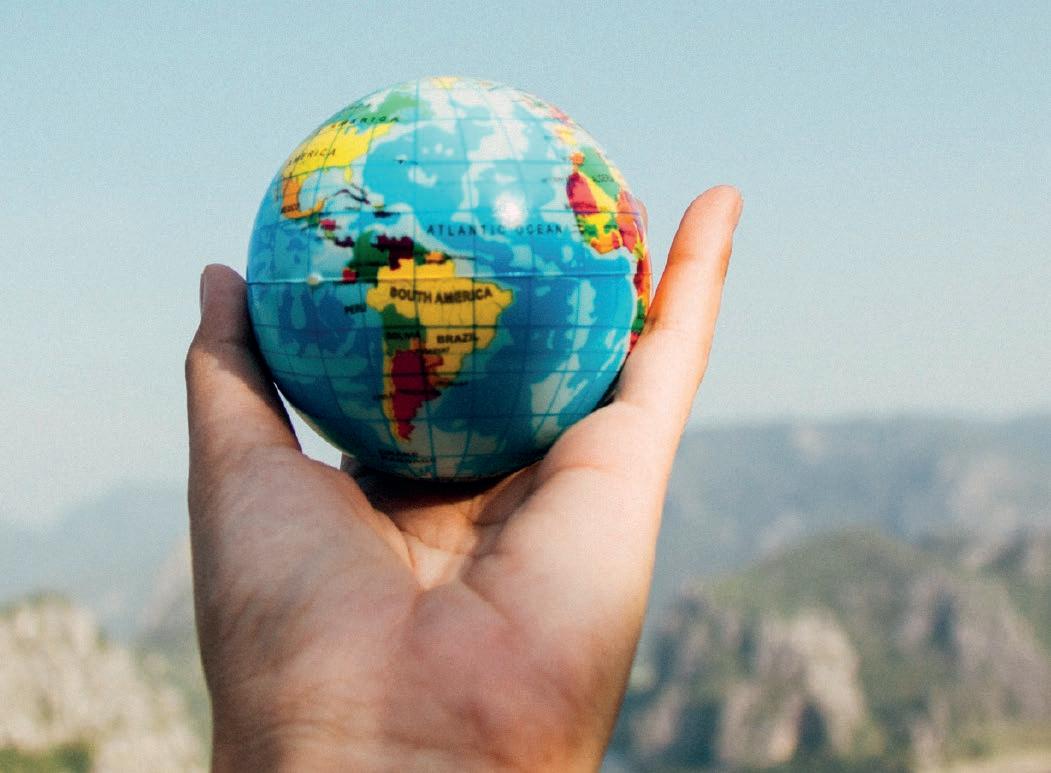
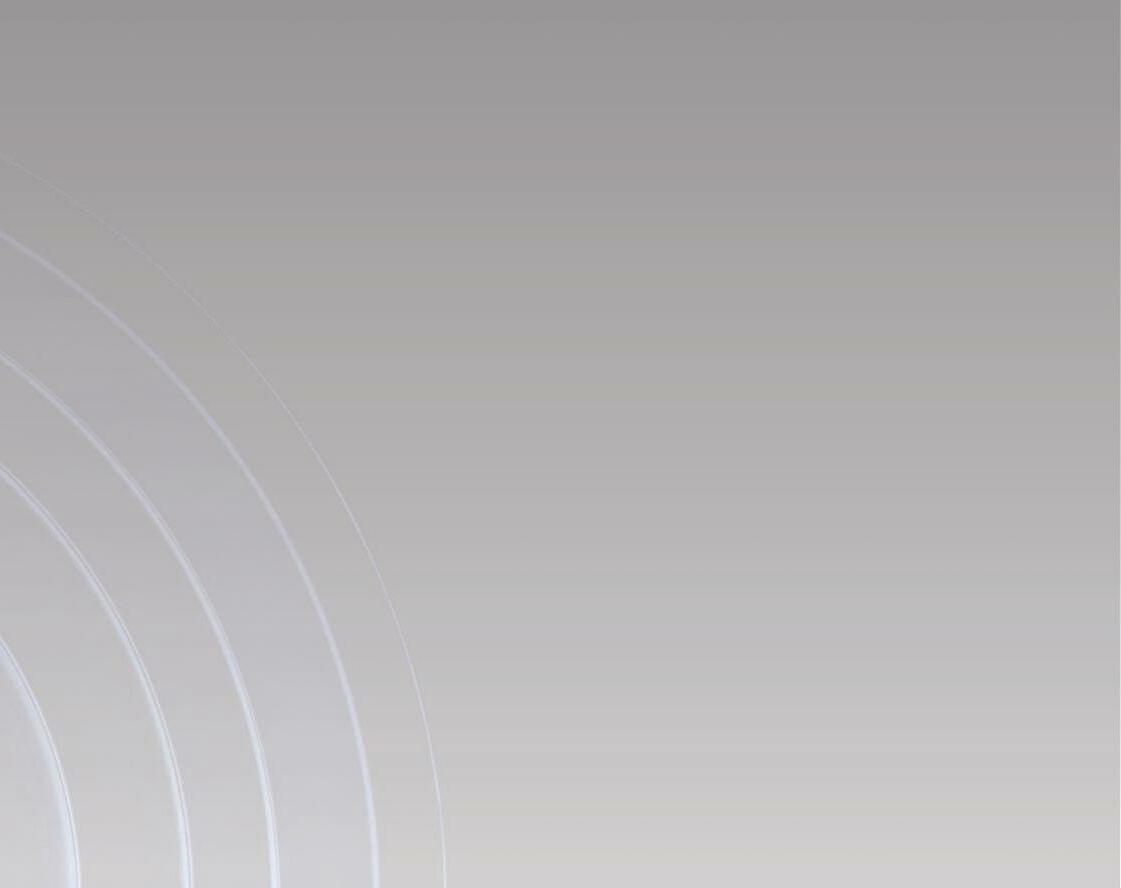
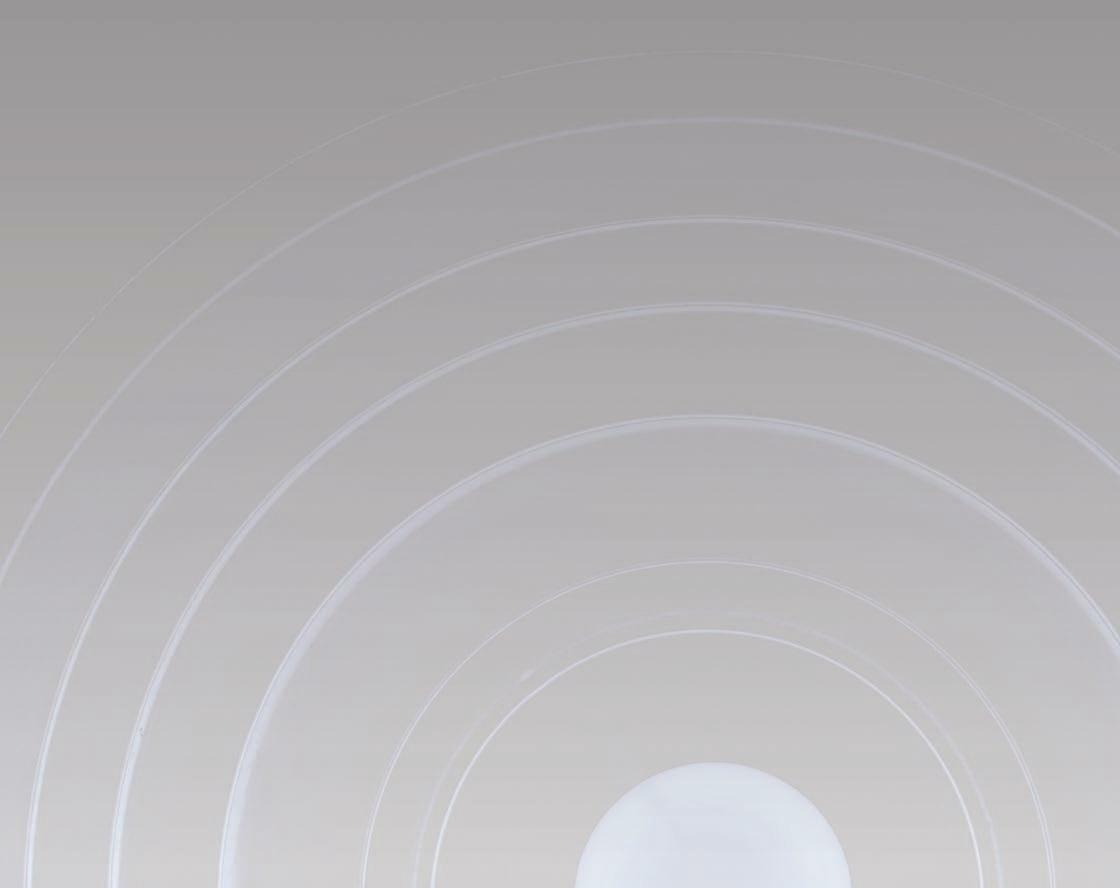

Introducing a new revolutionary POC SARS-CoV-2 Neutralizing Antibody Test
The constant necessity for vaccines and booster jabs are are on everyone’s lips. So far however, there are no clear fi gures or general recommendati ons in terms of analysis for what is needed to protect you from catching or becoming ill from Covid-19. However, it is clear that the amount of SarsCoV-2 anti bodies in the blood shows whether there is sti ll protecti on against the coronavirus in your blood. Most Anti body tests focus only on whether SarsCoV-2 anti bodies are produced, but not on the quanti ty. Therefore, this result is not suitable for a statement on whether a revaccinati on is necessary or not.
The PremaLab Anti bodyTest, within15 minutes allows one reliable accurate analysis of neutralizing anti bodies against SARS. Moreover, PremaLab machines can be used to analyze 33 diff erent tests including Anti gen, Tumor Markers, Hormones, Ferti lity, Diabetes, Infl ammati on, Cardiac and others.




